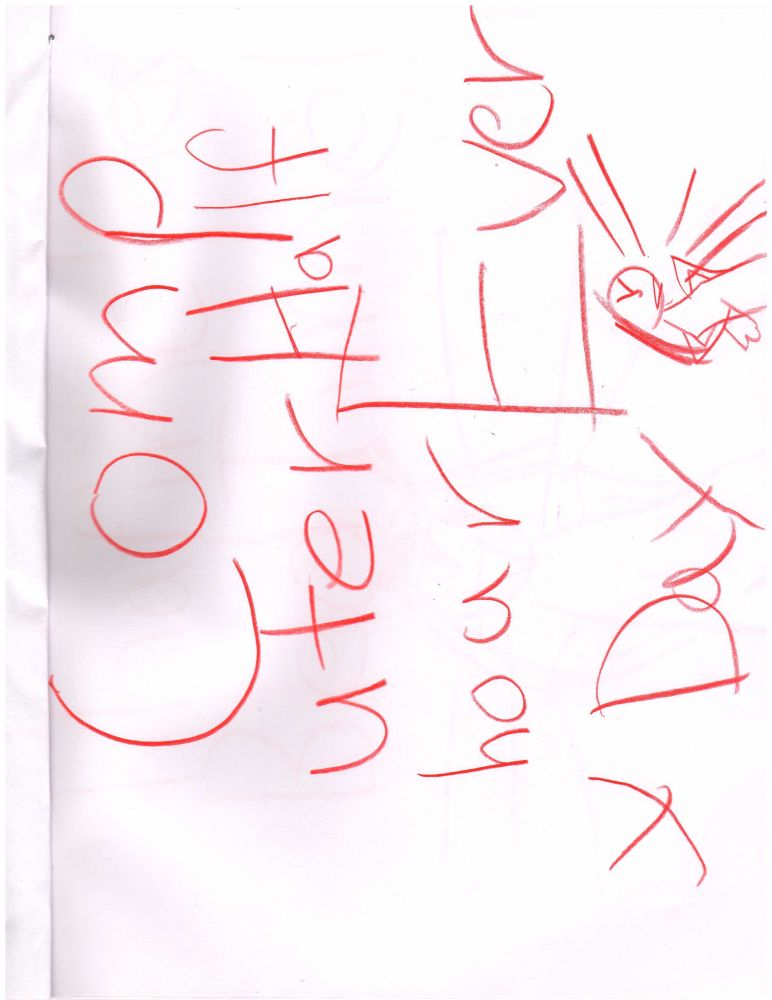来源: 喜近平 于 2015-02-20 19:02:03

与孩子互动:教育和被教育,管束和被管束。

In view of spending your time more effectively, I suggest the following tips:
What could be a more devastating rebuke of social media than the fact that nobody uses it for the reasons it was designed? This is, of course, auxiliary to the more important reality that research on Facebook consistently shows that it makes everyone more sad and less fulfilled with life on average.
Remember: when you don’t plan your time, you fail to take advantage of opportunities that avail themselves, and you go for the path of least resistance — which usually happens to be AngryBirds and YouTube videos.
Today I read a BuzzFeed article on "Epic Twitter Comebacks." I was baited into reading the article by the outrageous title, and subsequently became angry at myself for finishing it. The article just didn’t matter. Nothing productive could possibly come from reading or writing it. The most popular articles shared anywhere — Facebook, Buzzfeed, and the countless copycat sites– are the journalistic equivalent of McDonald’s. Consuming them makes everybody worse off.
I have found myself knee-deep in an hour long compilation of Vines, and twenty minutes in, I have to do a reality check: This shit literally does not matter. The world would be a better place if all of it just disappeared. What possible value could there be spending all your time mindlesslyconsuming 7 second videos for hours at a time? It doesn’t make you happier, it doesn’t leave a lasting feeling of satisfaction; it is just raw, unproductive consumption.
Now step back, and think of all the countless hours spent in front of screens, convincing yourself that it’s just one more video, or just one more picture, just one more.. and then remember that this is your life. How we spend our days is how we spend our lives. This is it, this is all we have; you are the aggregate of your experiences. Do you want the average of those experiences to be summarized by a few URLs, a couple videos, and some half-hearted commitments to better yourself?
So be vigilant! When you find yourself immersed in mindless consumption, ask yourself: "Who cares?" If what you’re doing right isn’t helping you become a better you, do something else.